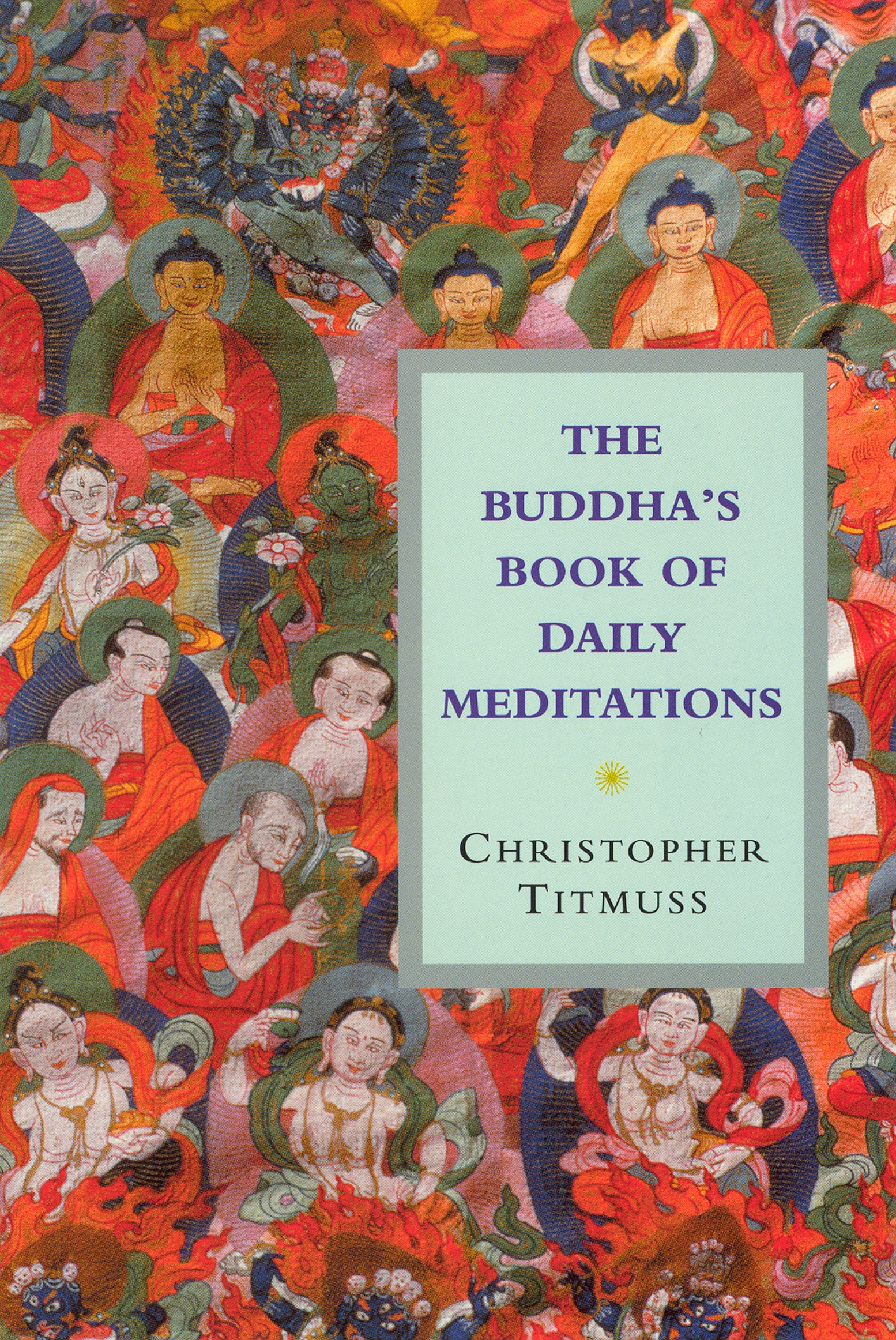

Translations/revisions by Robert Aitken Roshi Harada-Yasutani School of Zen Buddhism ||Ģ0th c. To provide an on-line version of sutras used in the WWW Virtual Library and of the Zen Buddhism WWW Virtual Library This document is a part of the Buddhist Studies He began teaching the Four Noble Truths to others in order to help them achieve transcendent happiness and peace of mind through the knowledge and practice that is known today as Buddhism.Buddhist Studies - Daily Zen Sutras The World-Wide Web Virtual Library He then practiced meditation through deep concentration ( Dhyana) under a bodhi tree and found Enlightenment. It was during his time practicing extreme forms of self-denial that Buddha discovered the “Middle Path” of moderation - an idea that closely resembles Aristotle’s “Golden Mean.”ĭuring his life, he had experienced intensive pleasure and extreme deprivation but he found that neither extreme brought one to true understanding. These shocking experiences moved Buddha to renounce his comfortable lifestyle in search of greater meaning in life. Even while he was completely deprived of life’s comforts, his eyes shined with contentment. Each of these experiences troubled him and made him question the meaning and transience of life and its pleasures.Īfter this, he encountered an ascetic who, by choice, lived a life renouncing the pleasures of the world. Despite his father’s attempts to shield him from the ugliness of life, one day he ventured out beyond the castle walls and encountered three aspects of life: the old, the sick and the dead. Born into a wealthy royal family, the Buddha was born and raised in worldly luxury. While there are several mythical stories surrounding his conception and birth, the basic facts of his life are generally agreed upon.


Rather it is a tool to train the mind not to dwell in the past or the future, but to live in the here and now, the realm in which we can experience peace most readily.Īn early Gandharan statue of Buddha, 1st-2nd centuries CE, in the Tokyo National Museum.ĭuring the late 6th and early 5th centuries BCE, Siddhartha Gautama of Shakya, who later became known as the Buddha, was born in modern-day Nepal near the Indian border. Meditation is, of course, the most well known tool of this practice, but contrary to popular belief, it is not about detaching from the world. In Buddhism, this treatment is not a simple medicine to be swallowed, but a daily practice of mindful thought and action that we ourselves can test scientifically through our own experience. The illness however, can only be cured if the patient follows the doctor’s advice and follows the course of treatment - the Eightfold Path, the core of which involves control of the mind.
#DAILY BUDDHA READING HOW TO#
In this metaphor, the medicine is the Buddha’s teachings of wisdom and compassion known as Dharma, and the nurses that encourage us and show us how to take the medicine are the Buddhist community or Sangha. In fact, he is a skillful doctor - he may break the bad news of our suffering, but he also prescribes a proactive course of treatment. Those who consider Buddha a pessimist because of his concern with suffering have missed the point. Wellbeing in the Workplace: Workshops and Webinarsįor Buddha, the path to happiness starts from an understanding of the root causes of suffering.

The Science of Happiness: Theory and Practice (online courses).High School Happiness and Wellbeing Curriculum.Make a Difference: Change the World, Change Yourself.Annotated Bibliography – Strengths and Virtues.The Philosophy of Virtuous Use of Strengths.Annotated Bibliography – Getting in the Flow.Annotated Bibliography-Mindfulness and Positive Thinking.Review of Key Studies on Mindfulness and Positive Thinking.The Philosophy and Science of Mindfulness.Mindfulness and Positive Thinking Expand.Annotated Bibliography – Spiritual Engagement.Key Studies on Religious/Spiritual Engagement & Meaning.The Philosophy of Finding Meaning in Life.Spiritual Engagement and Meaning Expand.Review of Key Studies on Caring/Volunteering.The Philosophical Basis of Caring, Compassion, and Interdependence.What Is Happiness? The Science and the Hype.


 0 kommentar(er)
0 kommentar(er)
